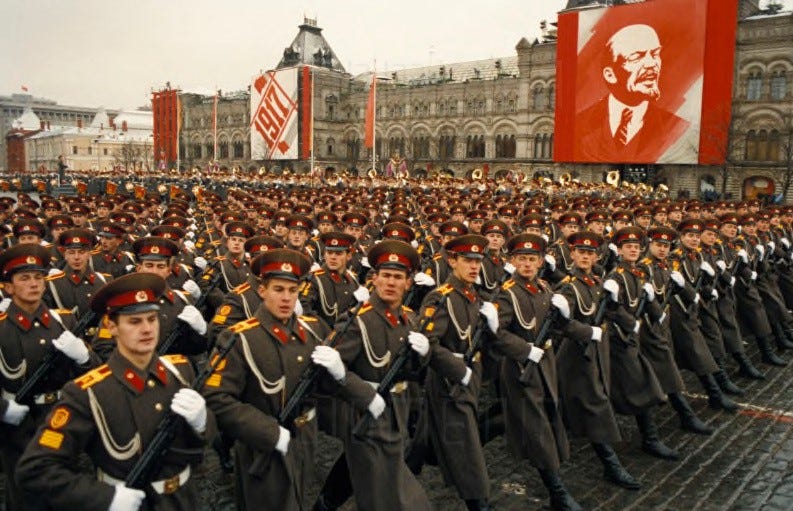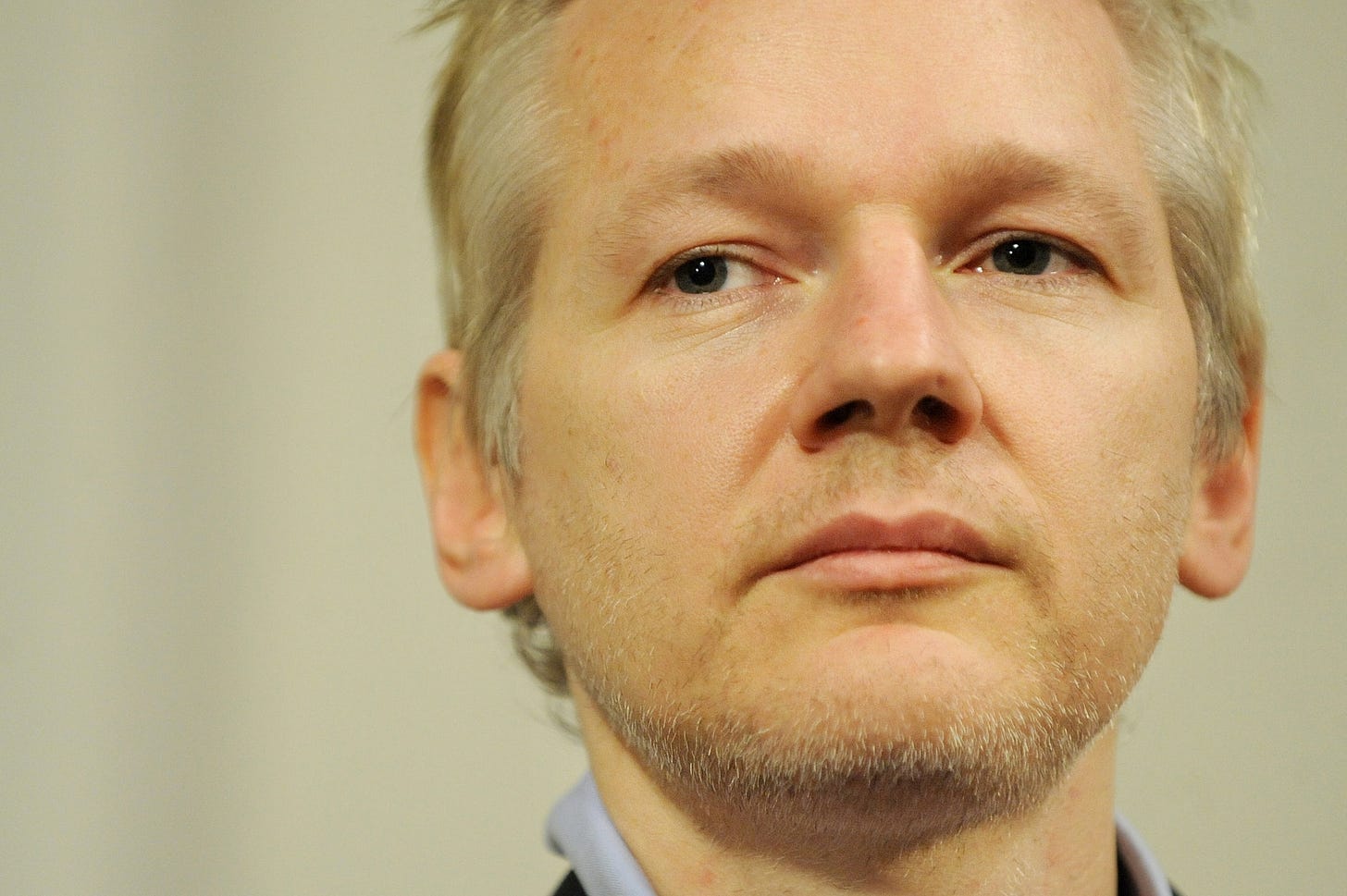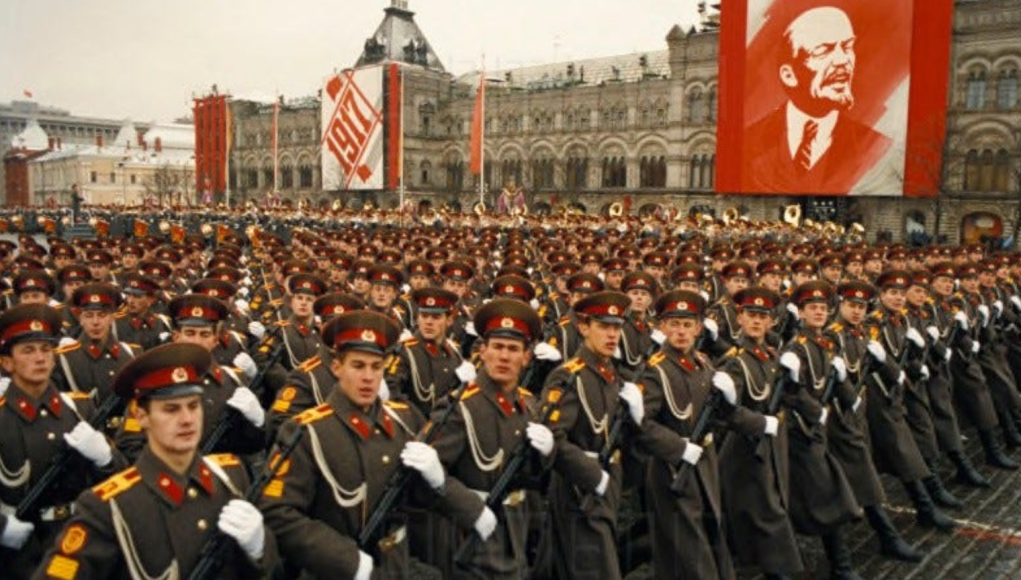The Iron Curtain referred to the boundary separating the Soviet Union and some European countries from the Western world. It became not just of a physical border but a symbol of the ideological distinction between communism and liberal democracy.
As is well known, the Soviet regime was authoritarian and repressed individual freedoms such as freedom of speech, freedom of assembly and freedom of religion. In fact, all aspects of life were controlled by the Communist party.

We can draw comparisons between current restrictions on free speech in the West and the suppression of free speech in the Soviet Union.
Often the first sign of a society moving down a totalitarian path
is the imposition of restrictions of freedom of speech.
The Soviet government heavily restricted media including print, radio and television. All were state controlled and heavily censored to ensure they were not critical of government. Currently the West is imposing restrictions on certain kinds of speech, such as speech considered discriminatory or harmful to certain groups. There are also rules against “disinformation” and “misinformation” and attempts to limit speech that is deemed to be false or misleading.
Media Censorship
Western governments have been accused of controlling and pressuring media to report on public interest matters to suit a particular narrative. We have witnessed this during the Ukraine conflict. The European Commission silenced Russian state media outlets Russia Today (RT) and Sputnik and prohibited European Union operators from broadcasting any of the content of RT and Sputnik. This move is reminiscent of the Soviet governments radio jamming during the Cold War, where transmissions of Western radio stations were blocked to “protect” Soviet citizens from Western “propaganda”.
This move to block Russian state media coverage of the Ukraine conflict was criticised by the European Federation of Journalists as “disproportionate and arbitrary interference by the EU with the right to freedom of expression and information regardless of frontiers as protected by Article 10 ECHR and as a denial of the freedom of the media as guaranteed by Article 11 of the EU Charter of Fundamental Human Rights”. (Dirk Voorhoof, Human Rights Centre Ghent University).
Surveillance
Another control tactic used by the oppressive Soviet regime was surveillance. The KGB monitored all forms of communication and utilised informants who reported dissenters.
Social media giants such as Facebook, Twitter and Google not only censor content that is considered inappropriate or offensive, but also gather data on their users which can be used to monitor and influence their behaviour. Such forms of surveillance can be used to suppress and silence dissenting views. The tech giants have been accused of suppressing the free speech of those with whom they disagree, particularly conservative or right-wing commentators.

Punishment
The Soviet government punished those who criticised or opposed the state with punishments including torture, forced confessions and the deprivation of liberty in gulags.
We have seen people in Western countries punished for speaking out against the government including journalists such as Julian Assange and whistle blowers. Punishments include imprisonment, de platforming and cancel culture. Social media companies also punish users who violate their policies by suspending or banning accounts, another method to silence voices who do not support the government narrative.

Libertarians recognise the importance of freedom of speech as a bedrock principle of democracy and do not seek to limit the speech of others. In a free and democratic society, the media is supposed to operate independently of government control, to inform the public about matters that are in the public interest, and to hold governments accountable.
One must ask why our governments censor information and limit access to information. Regarding the Ukraine conflict, the government and media are displaying their contempt toward citizens in not allowing them, as free-thinking human beings, to decide for themselves which information they will consume and what conclusions that they will draw from that information. There is only one narrative that they will allow – the one that they control. Is the West drawing a digital iron curtain?
Soviet journalist, dissident and former political prisoner Alexander Podrabinek wrote that “Free speech is what digs the grave for despotism, while suppression of free speech is the trademark of dictatorship”. (Totalitarianism and Freedom of Speech, 24 June 2014, Institute of Modern Russia). Podrabinek went on to argue that the collapse of totalitarianism always began with the assertion of freedom of speech.
The Soviet regime’s suppression of free speech had a terrible effect on its citizens and is viewed as one of the most oppressive regimes in modern history. But brave freedom fighters spoke out against the regime, circumvented restrictions on radio broadcasting and other methods of control, and eventually the Soviet Union collapsed.
Freedom begins with free speech and the free exchange of ideas. It is vital to our democracy. We must remain vigilant against the creep of totalitarianism to protect our personal freedoms. We must continue to use our voices individually and collectively to push back against any attempt to curtail our right to free speech.
Thank you for your support. To help us in our battle to protect liberty and freedom please click here

Jaimie Stevenson JD (Monash) is a legal consultant for Australian-based SMEs, specialising in technology, data, privacy and IP law. She is passionate about the rule of law, as opposed to arbitrary rules, and minimal government encroachment on the inherent rights of the
individual including freedom, autonomy and dignity.









